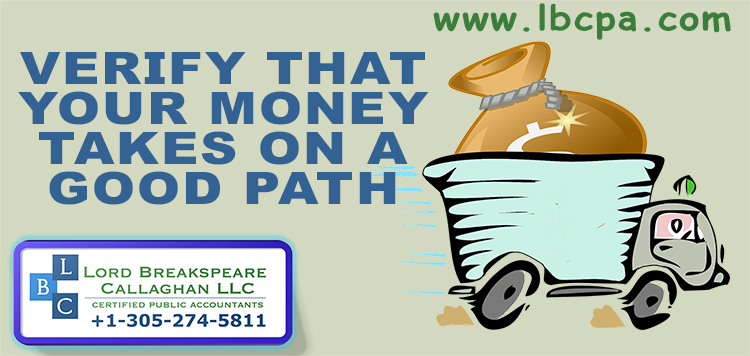LBCPA News 
Click here to go back
People should donate carefully after a disaster to avoid scams

After an emergency or disaster, people rally to help victims by donating money. Unfortunately, this can give criminals an opportunity to prey on them by soliciting donations for fake charities. Scammers may also pose as federal agencies to dupe disaster victims trying to get disaster relief.
People should always be suspicious of unsolicited contact. Scammers often contact their possible victim by telephone, social media, email or in person.
People donating to charity should make sure their money is going to a reputable organization.
- Thieves may pose as a representative of a charity to ask for money or private information from well-intentioned taxpayers.
- Scammers may set up bogus websites using names that sound like real charities. When a taxpayer searches for a charity online, they find the fake website or social media page, instead.
- Donors can use the Tax Exempt Organization Search to find or verify qualified charities. Donations to these real charities may be tax deductible.
- Taxpayers should always give by check or credit card to have a record of the donation.
- Donors shouldn't give out personal financial information to anyone who asks for money. This includes things like Social Security numbers, credit card information, bank account numbers, and passwords.
Disaster victims should know:
- Scammers may claim to work for the IRS. The thieves say they can help victims file casualty loss claims and get tax refunds.
- Disaster victims can call the IRS disaster assistance line at 866-562-5227. IRS representatives will answer questions about tax relief or disaster-related tax issues.
If you have any questions regarding accounting, domestic taxation, essential business accounting, international taxation, IRS representation, U.S. tax implications of Real Estate transactions or financial statements, please give us a call at 305-274-5811.
Source: IRS






